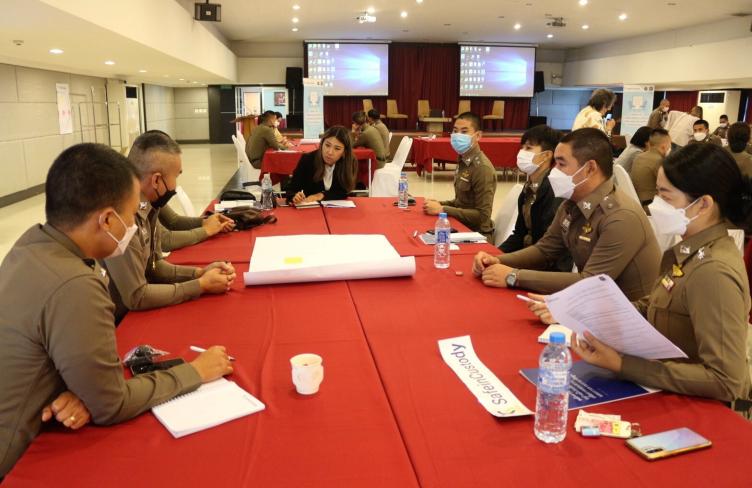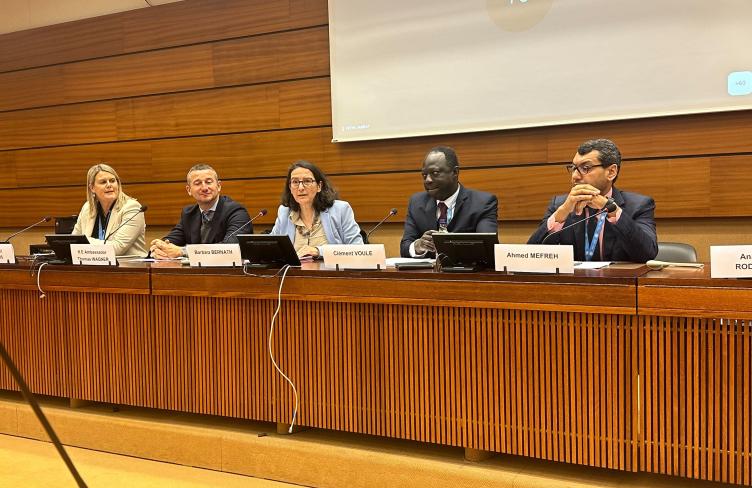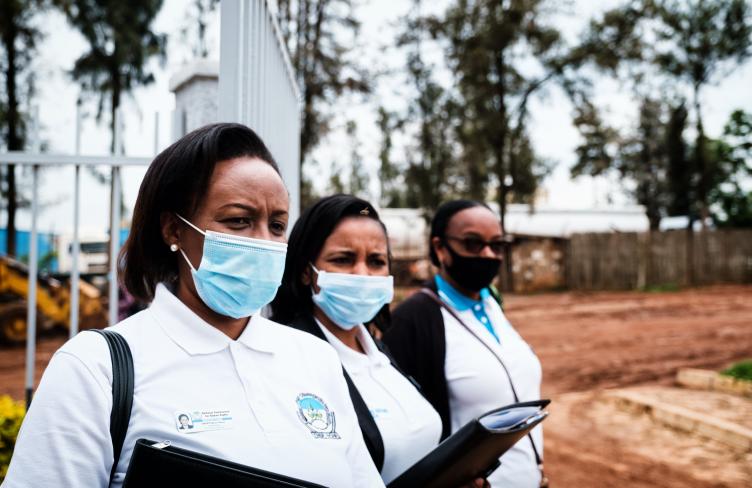
The Méndez Principles on Effective Interviewing provide practical guidance that can support police as they undertake investigations while also preventing torture and coercion, APT Secretary General Barbra Bernath told a regional webinar of African national human rights institutions (NHRIs) and national preventive mechanisms (NPMs), held on 3 February 2021.
“In Africa, implementing the Mendez Principles can build on strong legal foundations developed over the years by the African Commission on Human and Peoples’ Rights,” Ms Bernath said.
The webinar to introduce the Mendez Principles was held 20 years after the Guidelines and Measures for the Prohibition and Prevention of Torture in Africa were symbolically adopted in Robben Island at the end of a joint workshop of the APT and the African Commission on 14 February 2002. They were officially endorsed by the African Commission in October 2002.
The Robben Island Guidelines were visionary. In addition to reaffirming legal obligations, such as the prompt access to a judge and the exclusion of any evidence obtained under torture, they also propose practical measures to prevent torture.
They recommend for example the implementation of legal safeguards from the first moment of deprivation of liberty, underline the importance of records and registers, stress the role of training of law enforcement and the development of codes of conduct, as well as promote oversight by NHRIs and civil society. All these elements are also integrated in the recent Méndez Principles.
Efforts to transform policing in Africa have been supported by the African Commission adopting the Guidelines on Conditions of Arrest, Police Custody and Pre-Trial Detention in Africa (Luanda Guidelines) in 2014, while the Pan-African Parliament adopted a Model Law for Police in Africa in 2019 that can be adapted to different national legal and institutional contexts (see blog by Louis Edwards, APCOF).
These important Africa-wide initiatives have been supported at the sub-regional level, including through the 2004 Code of Conduct for Law Officials, adopted by the Southern African Regional Police Chiefs Cooperation Organisation, with assistance from the APT; or the 2011 Common Standards for Policing in East Africa, developed by the African Policing Civilian Oversight Association. In addition, the annual Newsletter on Policing and Human Rights published by the African Commission shows that there is a growing number of practitioners and academics in Africa supporting the need to reframe the relationship between the police and the people.
The constructive and solution-oriented approach of the Mendez Principles is a key building block to support rights-based policing in countries across Africa. They provide guidance to implement rapport-based interviewing, which is proven to be more effective in obtaining accurate and reliable information.
During the webinar, the APT outlined the key aspects of the Méndez Principles and how they promote respect for human rights, prevent torture and deliver better outcomes to investigations.
They benefit the police in their operational work and can help build community trust by ending the excessive use of force, arbitrary arrest, corruption and the use of torture to obtain a confession.
The NHRIs and NPMs participating in the webinar expressed strong interest in promoting the Méndez Principles and their implementation at the national and regional level.
“Public support for the Méndez Principles from the African Commission would also be of significant importance and help support the necessary dialogue for change.” Ms Bernath said.
There is still a long way to go. The journey has started towards ‘developing a culture of human rights in which torture and human rights are anathema to the human spirit’ as Mr Desai, judge of South Africa’s High Court said in closing the Robben Island workshop 20 years ago. Together, we can prevent torture.


